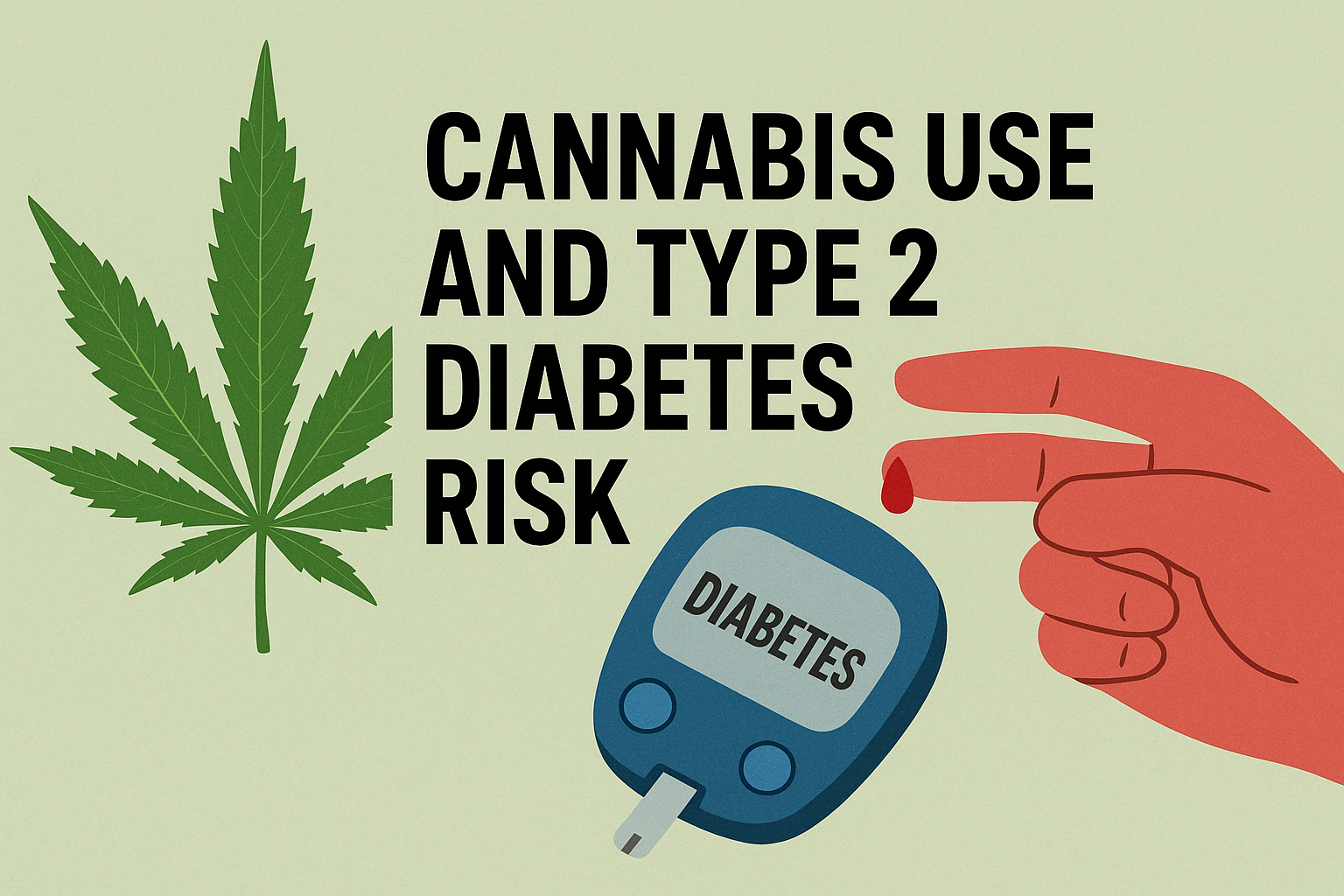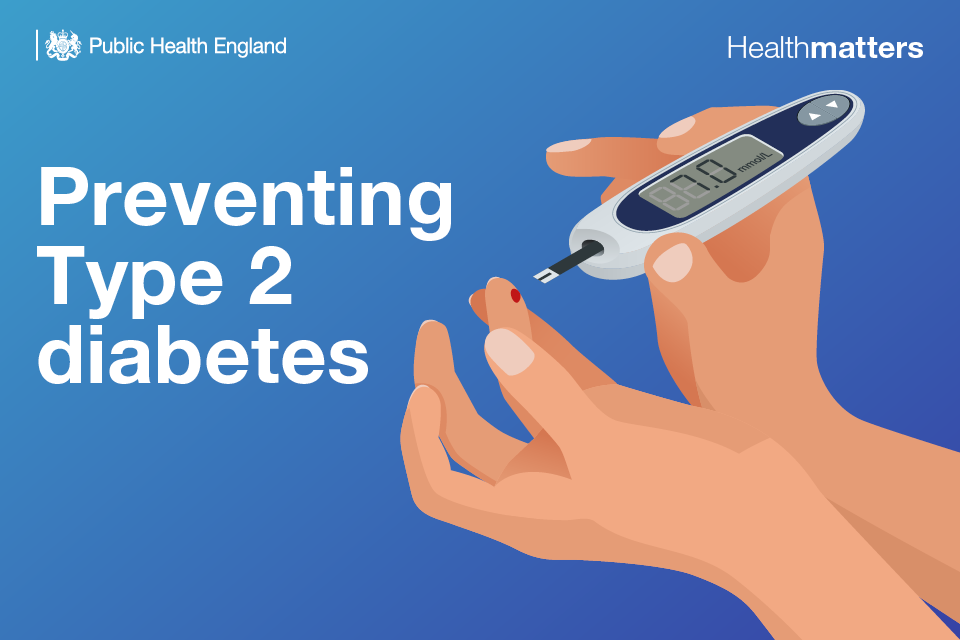A new study presented at the Annual Meeting of The European Association for the Study of Diabetes (EASD) 2025 in Vienna suggests that people who use cannabis are up to four times more likely to develop type 2 diabetes compared to non-users.
Although the research has not yet been peer-reviewed, the findings highlight a strong association between cannabis use and type 2 diabetes risk. The study emphasizes correlation rather than direct causation, but the link appears significant.
Key Findings: Cannabis and Diabetes Risk
- Researchers analyzed 96,795 cannabis users and compared them with over 4 million non-users across the U.S. and Europe.
- Over a five-year follow-up, 2.2% of cannabis users developed type 2 diabetes, compared to 0.6% of non-users.
- Even after adjusting for risk factors such as high blood pressure, alcohol and cocaine use, and heart disease, cannabis use still showed a clear association with higher diabetes incidence.
Why Cannabis Might Increase Diabetes Risk
The researchers suggest several possible mechanisms:
- Insulin Resistance – Cannabis may stimulate the endocannabinoid system, particularly the CB1 receptor, which can lead to insulin resistance, fat buildup, and impaired glucose control.
- Inflammation & Oxidative Stress – Chronic cannabis use may trigger low-grade inflammation and oxidative stress, both of which are linked to diabetes progression.
- Unhealthy Eating Habits (“Munchies”) – Cannabis use is often associated with increased snacking and high-calorie food intake, potentially contributing to weight gain and type 2 diabetes.
Dr. Ibrahim Kamel, the study’s lead author from Boston Medical Center, noted:
“The association was surprising, as we are still not sure of the mechanism. It isn’t that obvious.”
Conflicting Evidence: More Research Needed
Experts caution that research on cannabis and diabetes is still limited. Dr. Jason Ng, a clinical associate professor at the University of Pittsburgh, explained:
“Some studies suggest cannabis may improve insulin sensitivity or help with weight control, while others point to negative effects. The relationship is complex and not fully understood.”
Cannabis Legalization and Health Concerns
As cannabis legalization expands globally—24 U.S. states now allow recreational use—understanding its long-term health effects is crucial. According to the World Health Organization (WHO), about 147 million people worldwide use cannabis, making it the most widely consumed illicit substance.
Meanwhile, diabetes remains a major public health issue, affecting 589 million adults globally and 38.4 million people in the U.S. alone. With 90% of cases being type 2 diabetes, identifying modifiable risk factors is essential.
What This Means for Public Health
While cannabis use is unlikely to be restricted due to legalization trends, this research suggests doctors should consider cannabis consumption when assessing patients’ risk of developing diabetes.
Dr. Kamel emphasized:
“The purpose of this study is to help physicians risk-stratify patients and provide the best support for them.”
Until more research clarifies whether cannabis directly causes diabetes, individuals who use cannabis regularly should be mindful of diet, physical activity, and other lifestyle factors that influence diabetes prevention and management.




